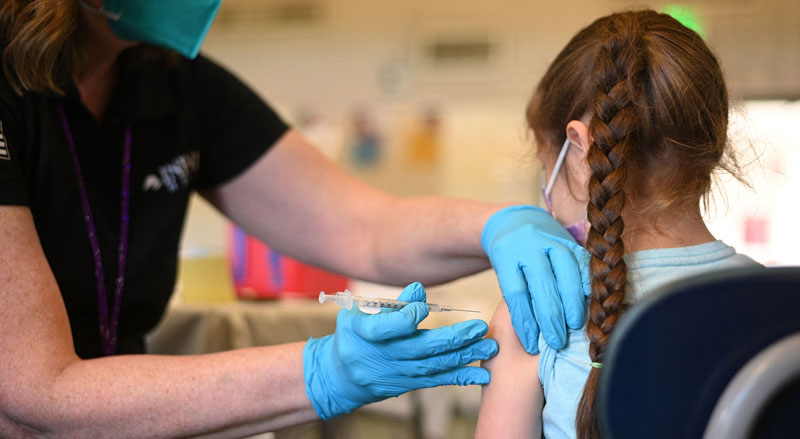Probably just some odd anomality

SQUAWK 7700 is the airline radio code that indicates a serious issue onboard the aircraft. It can be input by pilots or instructed by Air Traffic Control, and it alerts controllers and ground crew to prepare for the arrival of the aircraft.
I pulled the chart from a report detailing an inquiry conducted by veteran Virgin Australia Capt. Shane Murdock, who was fired from Virgin for refusing the COVID-19 shots. Captain Murdock who also gave a fascinating interview with reporter Charles Kovess on TNT Radio.
The dramatic increase of SQUAWK 7700 codes since 2022 was apparently compiled by a bot set up by the X account @GCFlightAlerts. It posts when a pilot squawks 7700 anywhere in the world.
Between 2018, and 2019, the mayday average was 29.1 per cent of all distress calls. During 2022, mayday calls increased by 272 per cent. In the first three months of 2023, the increase was 386 per cent. The graph shows there was an instant, steep increase when the vaccines were mandated to pilots.
Obviously Captain Murdock’s research should be the subject of a massive, international inquiry conducted by official aviation regulators.
Large commercial airliners are always flown by a Captain and First Officer. If one of them has a cardiac issue in flight, the other pilot can (in theory) fly the plane. Nevertheless, the stunning increase in mayday calls should be rigorously scrutinized.
Is this alarming trend juke a fluke or gross overstatement? How many of these Code 7700s are for medical emergencies on board, and how many are a result of mechanical issues? Was the supply chain for aircraft spare parts and electronics disrupted during the pandemic, resulting in an increase in mechanical glitches?
I strongly welcome reader feedback about this story. Is Captain Murdock the only airline industry veteran who is talking about this?



